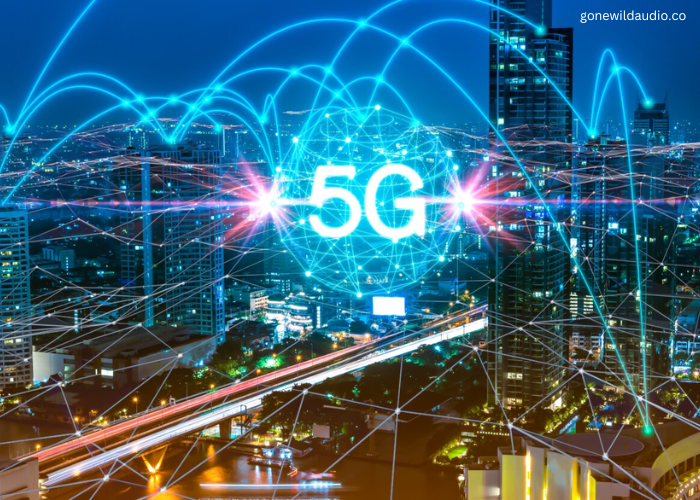The advent of 5G technology is poised to transform the way we live, work, and interact. This next-generation wireless network, characterized by faster speeds, lower latency, and greater connectivity, offers opportunities and challenges for businesses and society. Here, we delve into what 5G technology means for both realms.
What is 5G?
5G, the fifth generation of mobile network technology, represents a significant leap forward from its predecessor, 4G. It offers ultra-fast data transfer speeds, reduced lag (latency), and the ability to connect a massive number of devices simultaneously. With speeds up to 100 times faster than 4G, 5G enables seamless communication and data sharing, essential for emerging technologies such as the Internet of Things (IoT), autonomous vehicles, and augmented reality (AR).
Impact on Business
- Enhanced Productivity: 5G allows businesses to leverage high-speed connectivity for real-time data analysis, video conferencing, and cloud computing. This increased efficiency can lead to cost savings and improved decision-making.
- Revolutionizing Industries: Sectors like healthcare, manufacturing, and logistics are set to benefit immensely. For instance, 5G enables remote surgeries through robotic systems and real-time monitoring of production lines via IoT sensors.
- Fostering Innovation: With its capability to support emerging technologies, 5G serves as a catalyst for innovation. Startups and established companies alike can develop new applications, products, and services, unlocking fresh revenue streams.
- Improved Customer Experiences: Retailers can offer enhanced experiences such as virtual try-ons through AR, while entertainment providers can deliver high-definition content without buffering. The seamless connectivity ensures businesses meet rising consumer expectations.
- Empowering Remote Work: The pandemic has shown the importance of reliable connectivity. 5G ensures remote teams can collaborate effectively, even in data-intensive environments.
Impact on Society
- Smart Cities: 5G is a cornerstone for building smart cities, where interconnected devices manage traffic, energy use, and public safety more efficiently. This leads to improved quality of life and sustainability.
- Healthcare Advancements: Beyond business, 5G facilitates telemedicine, remote diagnostics, and continuous health monitoring. These innovations make healthcare more accessible, especially in remote areas.
- Bridging the Digital Divide: With proper implementation, 5G can extend high-speed internet access to underserved regions, promoting digital inclusion and economic development.
- Environmental Concerns: Despite its benefits, 5G’s infrastructure requires significant energy, raising concerns about its environmental impact. Efforts to develop energy-efficient technologies will be crucial.
- Privacy and Security: The proliferation of connected devices increases vulnerability to cyberattacks. Strong regulations and robust security measures are essential to protect users and organizations.
Challenges Ahead
While the potential of 5G is immense, its implementation is not without challenges. Infrastructure upgrades, high deployment costs, and regulatory hurdles must be addressed. Additionally, educating the public about the technology’s benefits and addressing health concerns related to electromagnetic waves are vital for widespread adoption.
Conclusion
5G technology is more than just a faster network; it’s a platform for innovation and transformation. For businesses, it offers unprecedented opportunities to enhance operations, foster creativity, and meet customer demands. For society, it promises a connected, efficient, and inclusive future. However, realizing its full potential will require collaboration between governments, industries, and communities to overcome challenges and ensure equitable benefits for all.

